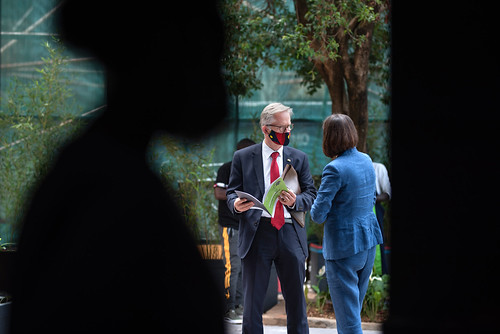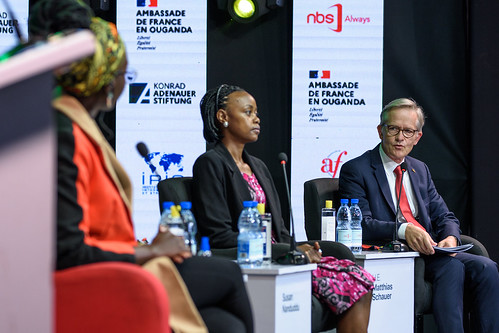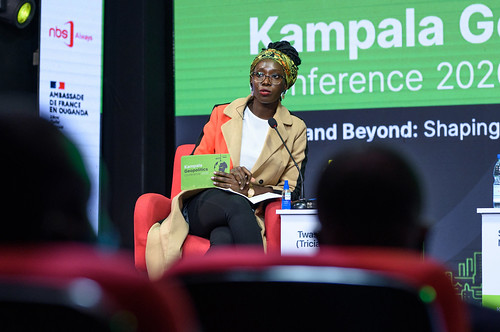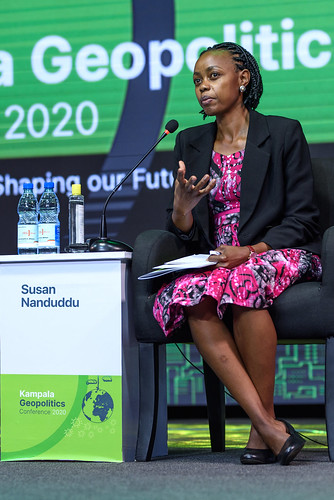Conference Summary
As the world continues to grapple with the long-term effects of the Covid-19 pandemic across different sectors, the process of global recovery continues to take centre stage, even as countries continue to work save their people, economies while effectively handling the pandemic. Amid all this, global conversations on regional and international cooperation, the role of multilateral organizations, growing inequalities among other issues continue to take centre stage. As countries continue to work individually and collectively to redefine the new normal, the Kampala Geopolitics Conference will work to highlight some of the biggest topics of our time, allowing space for expert speakers to convene, discuss and craft collective alternatives.
The third annual Kampala Geopolitics Conference will convene a main conference from October 19, 2020 to October 30, 2020. The conference convened by Konrad-Adenauer-Stiftung (KAS), in partnership with the Embassy of France, Makerere University and U.N. Women Uganda has become the flagship Geo-political conference both regionally and internationally. The conference will once again aim at creating a high-level, interactive and dynamic platforms for dialogue and free exchange of ideas cutting across contemporary, local and international geopolitics. Experts from Uganda and the African continent will be joined by international researchers to engage in participatory and documented debates on global topics.
Throughout the two weeks, the conference will explore several issues under the general theme; Geopolitics in the Year of the Pandemic and Beyond
Owing to the various health guidelines, the Geopolitics Conference will divert from the traditional two-day academic public event. The restructured conference will allow for the mandated public health restrictions while maintaining its main purpose of stimulating debates of a global nature. To ensure this, we have partnered with Next Media who will live cast the main conference sessions, allowing for local and international participation.
Format
Over the course of October, the conference will discuss six topics; over a period of six days; three days per week. In line with Ministry of Health Guidelines, the audience for the live televised events will sit a maximum of thirty carefully selected members, while the majority will continue to follow the various conversations online and on the live broadcast aired by Next Media. Over the course of November, we will discuss an additional six topics on several media platforms while crafting innovative ways to guarantee interactive discussions. While leveraging new media, the conference will discuss a wide range of topics, carefully selected to fit specific audiences. These will be publicly shared through podcast style conversations and live discussions on media platforms such as Zoom, Periscope, Facebook live, among others with carefully selected expert speakers.































